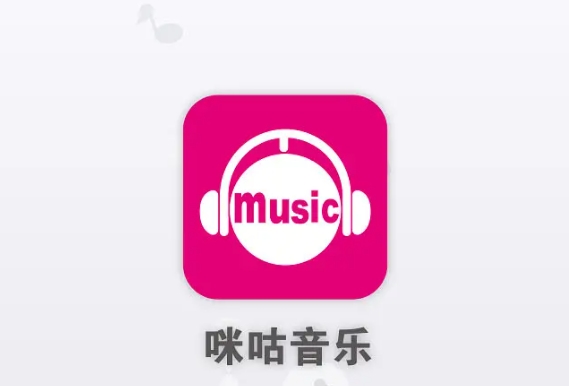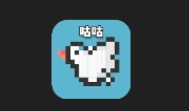最新下载
热门教程
- 1
- 2
- 3
- 4
- 5
- 6
- 7
- 8
- 9
- 10
WPF音乐播放器(一) ---音乐播放类的构建
时间:2022-06-25 08:39:49 编辑:袖梨 来源:一聚教程网
好了,开始我们第一部分的教程--音乐播放类的构建。
话说利用WPF播放音乐有多种方法:MediaPlayer类,SoundPlayer类,以及使用DirectX Sound等。若要选择一种功能较多,方便易用的方法,定要属MediaPlayer类了,唯一的限制就是需要依赖Windows Media Player(WMP)。不过在Windows环境下,这一限制可以忽略不计,都是系统自带的,不是吗?
当然,我们可以直接在窗口中防置MediaPlayer的操作代码,但是为了更正规化和可维护性,我们将它封装进MusicPlayer类中。
在类的开头,先来定义几个私有变量和公有的枚举(表示播放器的状态):
| 代码如下 | 复制代码 |
|
public enum PlayState : int public Uri MusicFile |
|
接下来写构造函数,一个带参数(音乐文件路径),一个不带参数的:
| 代码如下 | 复制代码 |
|
public MusicPlay()
} |
|
Load方法中设置了MusicFile(公有变量,指示文件路径),用MediaPlayer的Open方法加载了音乐文件。
接下来是播放、暂停、停止的代码:
| 代码如下 | 复制代码 |
| public void Play() { player.Play(); state = PlayState.playing; } public void Pause() { player.Pause(); state = PlayState.paused; } public void Stop() { player.Stop(); state = PlayState.stoped; } |
|
以上三个方法的第一句代码分别是设置播放、暂停、停止,第二句代码是设置播放器当前的状态。
然后是获取音乐文件的自然持续时间:
| 代码如下 | 复制代码 |
| public TimeSpan GetMusicDurationTime() { while (!player.NaturalDuration.HasTimeSpan) { if (player.NaturalDuration.HasTimeSpan) { return player.NaturalDuration.TimeSpan; } } return new TimeSpan(); } |
|
这里用了MediaPlayer的NaturalDuration.HasTimeSpan检查是否可以读取音乐的自然持续时间,还用了While循环避免了读取到空值或读取不到的情况。
这是设置和获取当前进度的方法:
| 代码如下 | 复制代码 |
|
|
|
获取和设置当前播放器的状态,这里只是三种状态,但实际可能会更多:
| 代码如下 | 复制代码 |
public PlayState GetPlayState() { return state; } public void SetPlayState(PlayState state) { if (state == PlayState.playing) { this.Play(); } else if (state == PlayState.paused) { this.Pause(); } else if (state == PlayState.stoped) { this.Stop(); } } |
|
再加个根据文件路径获取音乐名字的方法:
| 代码如下 | 复制代码 |
| public string GetMusicTitle() { string title=player.Source.ToString(); return title.Substring(title.LastIndexOf("/")+1, title.Length - title.LastIndexOf("/")-1); } |
|
这个方法的第二句代码就是截取字符串最后一个"/"后边的部分。
还有我在这里还定义了个 DispatcherTimer,用来更新音乐的位置,完全可以用更改通知来完成相同的任务,但我没有用到,大家可以尝试下。
以下是完整代码,没写注释,凑合看吧,应该不难:
| 代码如下 | 复制代码 |
|
public Uri MusicFile public DispatcherTimer dt = null; public void Load(Uri file) } public void Play() |
|
好了,代码就全部写完了,大家可参考一下。
相关文章
- 失控进化在哪预约 失控进化预约入口官网 12-16
- 失控进化什么时候正式上线手游 手游正式公测时间介绍 12-16
- 空灵诗篇什么时候上线 空灵诗篇上线时间介绍 12-16
- 空灵诗篇在哪预约 空灵诗篇官网预约入口 12-16
- 粒粒的小人国什么时候开服 粒粒的小人国开服时间 12-16
- 三角洲新赛季更新时间 三角洲行动新赛季时长介绍 12-16














